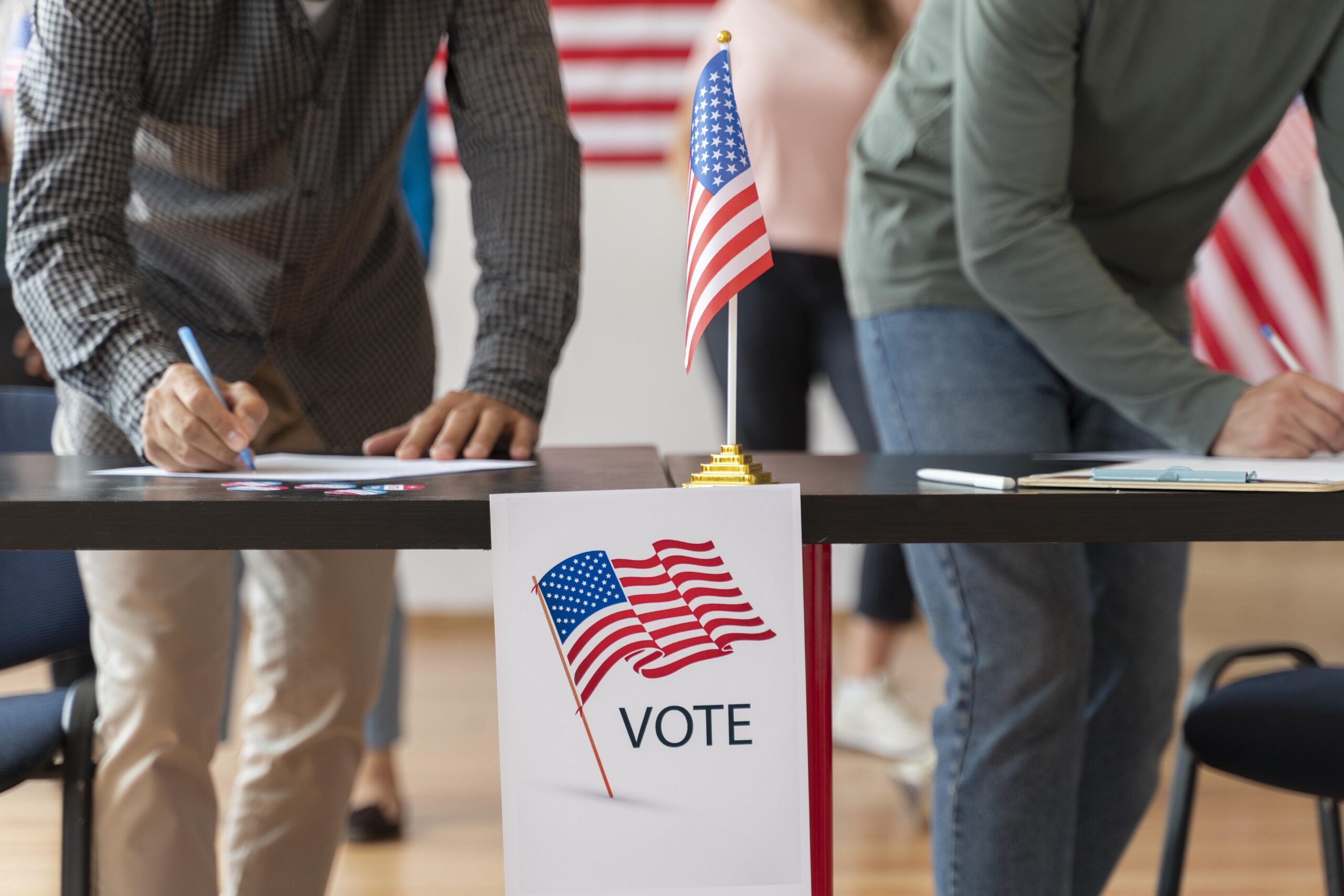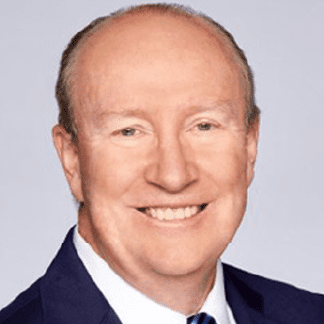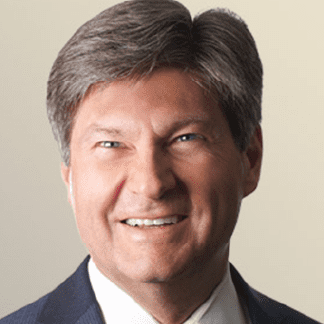To: Interested Parties
From: Derek Lyons, Restoring Integrity and Trust in Elections
Subject: Denialism Retreats, While Skepticism Persists Among Voters
Although it has never been easier to be a voter in the United States, citizens casting their ballots remain skeptical about the integrity and impartiality of elections.
The prevailing media narrative that voter skepticism is caused by “election deniers” is backward, at best. Skepticism comes first. The unreported truth is that denialism can gain traction only because of the skepticism that permeates the electorate. The hyper-focus on denialism only distracts from genuine attempts to confront the problem at its source.
The roots of voter skepticism are grounded in our increasingly complex and opaque election processes. The rapid transition in many states over the last several years to no-excuse mail-in balloting illustrates this dynamic. Voting by mail is extremely convenient. But it means that much of what used to happen in public, subject to the watchful eye of election officials and citizen observers alike, now occurs behind closed doors. Ballots are distributed and received through an array of channels difficult for the public to track and fully verify. And tabulation processes that used to be relatively quick and straightforward now take days and weeks to complete. To compound problems, information dribbles out over the course of days and weeks, driving rampant speculation, most notably evident in Arizona this last cycle.
Voter skepticism is fixable. Legislatures, for example, can adjust policy to simplify and increase transparency, including regarding measures in place to promote election integrity. But legislation is only part of the solution. Deeper issues must also be addressed. Election officials in many states must regain credibility lost through gross mismanagement or even partisan subversion of the laws they are charged with implementing. Self-appointed “defenders of democracy” like Marc Elias must be called out for cynically seeking electoral advantage by attacking even modest safeguards as sinister attacks on the right to vote. And the media must learn the lesson of Georgia and Stacey Abrams and stop uncritically amplifying claims that election reforms disenfranchise voters.
Indeed, those who identify denialism as the cause of election skepticism cannot explain why denialism was defeated, contest after contest and state after state this past election cycle. The reality is that denialism is in retreat. But a lasting victory for our democratic system of government requires us to address both the skepticism that persists and very real policy shortcomings. RITE’s mission is to restore trust and integrity in elections so that all Americans support the results. We invite every political party and those across the ideological spectrum to join us in a constructive public dialogue that restores the voter confidence that underwrites self-governance. If we cannot reassure them, we risk permanently disillusioning and disenfranchising millions of American voters.
Takeaways from the 2022 Midterm Elections
WITHOUT RITE INTERVENTION: In Wisconsin, liberal interest groups encouraged election administrators to disregard election laws, count mail-in ballots with incomplete witness certifications, and allow voters to “re-vote” if they regret their initial choices. In the end, RITE succeeded in stopping unlawful procedures from being implemented. U.S. Senator Ron Johnson narrowly secured a third term in a fair election by less than 26,000 votes.
LIBERAL GROUPS VALUE PARTISANSHIP OVER FAIRNESS AND INTEGRITY
Pennsylvania: Various leftwing groups still demand that election officials count undated mail-in ballots, notwithstanding the state’s Supreme Court agreeing with RITE that such ballots are invalid. Many of the same groups defended an eleventh-hour decision by Philadelphia’s election commissioners to eliminate a critical safeguard against double voting. The commissioners eventually reinstated the safeguard, but only after RITE sued them, and a state judge issued a blistering opinion that called the decision an abuse of power. Liberal groups also celebrate the unequal administration of elections in the Commonwealth. They cheered when an equally divided Pennsylvania Supreme Court could not stop Democrat-leaning counties from violating the law by allowing individuals to cure defects in their mail-in ballots.
Wisconsin: The Democrat party and its allies fought tooth and nail to enable people to “re-vote” right up to the close of the election and to count invalid mail-in ballots due to incomplete witness certifications. RITE prevailed in litigation against both unlawful practices, including before the Wisconsin Supreme Court. The witness certification issue was a lingering and unresolved problem from the 2020 election that RITE has now resolved.
Nevada: Officials in Clark County stacked the process for reviewing mail-in ballot signatures, with liberal groups litigating to the state supreme court to defend the partisan process.
Arizona: In August, liberal groups lost an effort to use the courts to overturn democratically adopted and popular policies like voter ID requirements, ballot trafficking restrictions, barriers to non-citizen voting, and absentee ballot safeguards. The same groups then spent millions trying to jam through a defective ballot initiative that would have overturned those integrity measures. RITE led the charge against this effort, ultimately securing an order from the Arizona Supreme Court invalidating the initiative.
DIRE NEED FOR OVERSIGHT: Since its formation in July 2022, RITE has actively supported litigation in eight key states, including Arizona, Georgia, Pennsylvania, Florida, Wisconsin, Nevada, Michigan, and Montana. In case after case, liberal groups either attacked election integrity protections or defended election administration practices that undermined those protections. RITE’s litigation efforts are establishing new opportunities for oversight so that state legislatures can set rules to promote the orderly, efficient, and secure administration of elections that election officials actually implement.
FLORIDA: Once again, Florida was a star of the election. Despite more than 7.7 million people participating in the state’s gubernatorial election, it was able to announce its results within hours of the polls closing. Smaller states like Arizona and Nevada still counted ballots more than a week after the election. Although not perfect, Florida’s system is, in many regards, a national model regarding access, integrity, and transparency. Part of Florida’s success is the adept defense of its legislature’s election integrity measures. For example, Florida responded to the 2020 election with several steps to bolster its voters’ confidence. Liberal groups challenged these provisions as discriminatory. RITE has been supporting Florida’s defense of its new rules on the appeal, where a federal court quickly put on hold a lower court’s order and allowed the provisions to remain in effect for the 2022 election.
IN THE PIPELINE:
PENNSYLVANIA: Liberal groups insist that failing to count undated ballots violates federal law and have filed at least two lawsuits in federal court. These lawsuits lack merit. As several justices of the United States Supreme Court have explained in multiple opinions, these lawsuits are built upon an irreparably flawed reading of the relevant federal statute that would undermine election integrity measures throughout the country. RITE is working to defend state law against these baseless lawsuits. RITE also continues to litigate in the state to stop some rogue counties from unlawfully curing ballots.
WISCONSIN: Liberal groups continue to try to undermine orderly election administration by allowing people to “re-vote” and water down requirements for witness certifications accompanying mail-in ballots.
VOTER REGISTRATION ACCURACY: Americans are highly mobile. The U.S. Census estimated that 27 million people moved in 2021. Voter rolls in most states do not accurately reflect voters who reside in those states. This problem is particularly problematic in states that do not require voters to apply for mail-in ballots or do not have adequate security measures to confirm their identity. Litigants now have new opportunities to compel states to prioritize the maintenance of their voter rolls.
OVERSIGHT OF ELECTION OFFICIALS: Election officials are responsible for administering elections in accordance with state law and in an even-handed manner. RITE will be evaluating the guidance and enforcement decisions of key election officials in critical jurisdictions across the country to determine whether they are fulfilling their obligations in good faith.
VERIFYING ELIGIBILITY: Voting is a right and privilege of citizenship that requires protection. Photo ID laws are proven effective and convenient for verifying a voter’s eligibility. Promoting voter confidence in elections, RITE will intervene in cases where voter ID laws have come under attack. RITE will ensure that courts do not extend the franchise beyond the citizens of this country.
MOORE V. HARPER: Paying close attention to Supreme Court arguments in a critical case addressing the role state courts can play striking down election laws approved by state legislatures.
For updates, follow Restoring Integrity and Trust in Elections on Twitter
###




